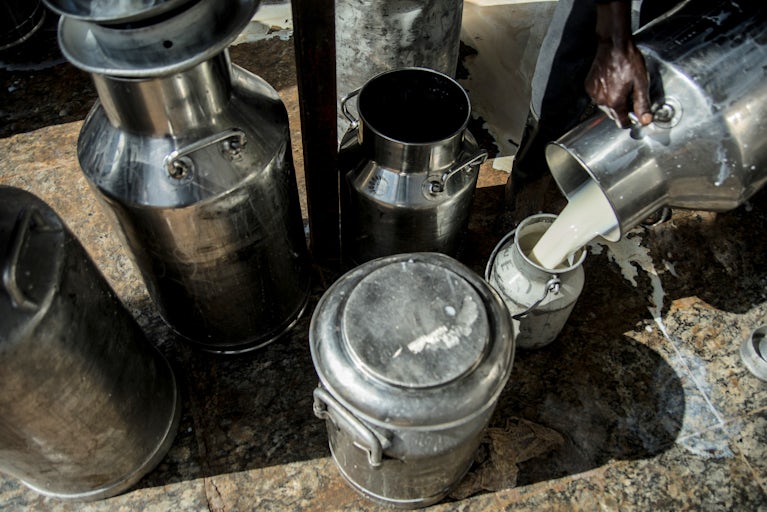
Project Update: Dairy Development in Rwanda
Explore the journey of dairy development in Rwanda, where the Nyagatare Dairy Cooperative has transformed into a modern dairy hub.
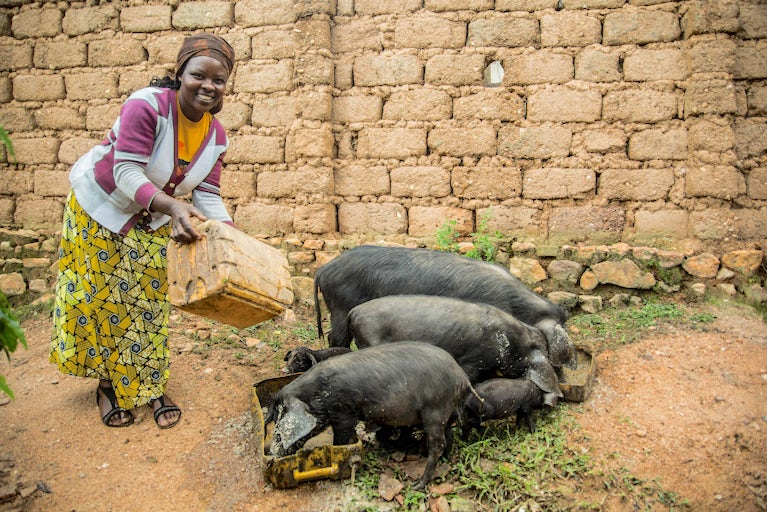

We bridge the gap for smallholder farms, connecting them to value-expanding markets, agricultural knowledge and financial empowerment.

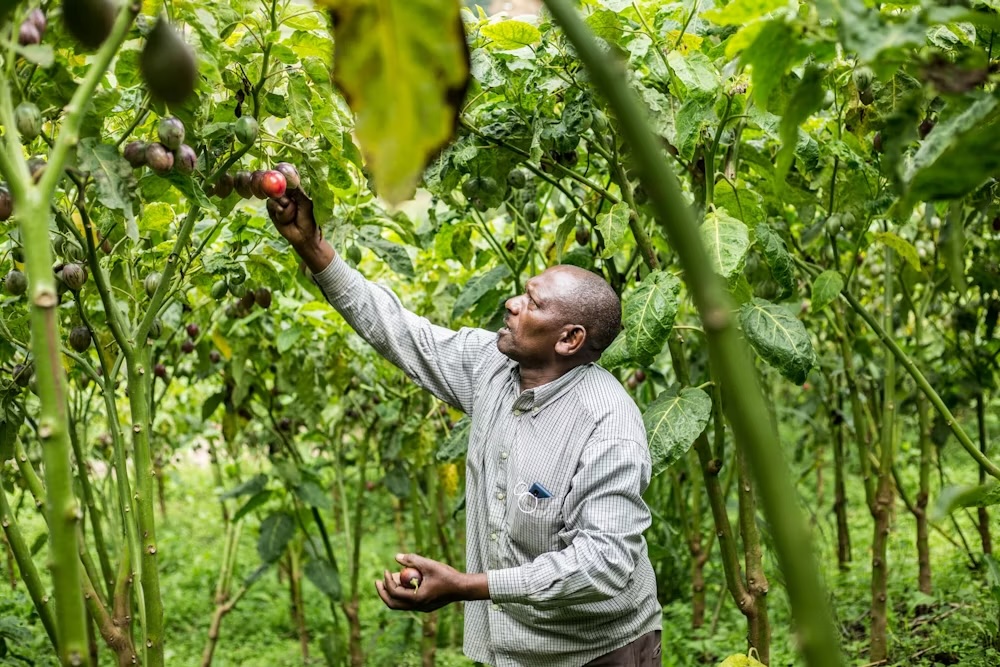
Rwanda’s economic prosperity hinges on the success of smallholder agriculture, with approximately 70 percent of rural families engaged in small-scale agriculture, often working on limited plots of land. As a result, Rwanda’s population is vulnerable to instability due to the threat of low crop yields, gaps in formal education and skills training and lack of access to formal market systems. Despite the availability of fertile and suitable farmland, the country has struggled under the burden of small plot sizes and productivity constraints.
Given rapid population growth and land degradation, Rwanda needs to boost yields significantly to feed growing urban centers while sustaining a rural workforce. However, farmers need training in efficient agricultural practices to produce substantial results. Rwandan education levels remain low, with 66 percent of agricultural operators having attended only primary-level education and 26 percent having no formal education at all. This imbalance calls attention to the need for standardized knowledge of best agricultural practices, increased food security and a steady, livable wage for those in and out of the agricultural sector.
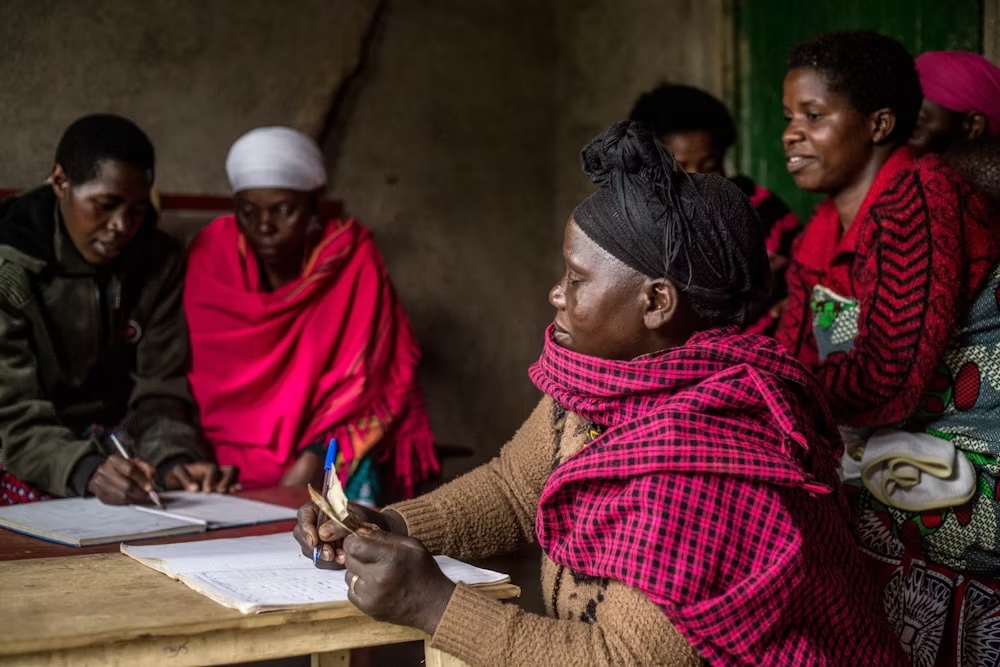
Since its conception in 2000, Heifer Rwanda has collaborated with partners and donors — including the Government of Rwanda, the International Fund for Agricultural Development (IFAD) and the African Development Bank (AfDB) — to increase impact and reach. Heifer Rwanda now has several projects covering 27 of the country’s 30 districts.
Heifer Rwanda has striven to evolve and align with the government’s developing agenda and vision for success in the region, beginning with a focus on asset provision to safeguard against turbulent economic and ecological circumstances, then evolving to holistic community development, and most recently focusing on value chains and market development.
Our primary objective is helping families achieve a sustainable living income, our measure for the amount of money required for a decent life — including safe shelter, nutritious food, clothing, education and health care — while also reaching additional benchmarks for economic and climate resilience.
Year Heifer launched in Rwanda
Household participants in 2024
Household participants to date
Project timeline: 2021-2026
The Partnership for Resilient and Inclusive Small Livestock Markets (PRISM) project is a five-year effort to enhance value chains for small livestock farming operations. This partnership is currently implemented in 15 districts across northern, southern and western provinces. It seeks to empower small livestock farmers socially, technically and economically by reducing poverty, improving food security and nutrition and enhancing targeted value chains in impoverished rural households. As of fiscal year 2023, the project had distributed 20,000 chickens, 1,000 pigs, 2,747 goats and 640 sheep. Additionally, it supported the construction of livestock housing for 3,000 households and supported 63 Rwandan youths for commercial production.

Explore the journey of dairy development in Rwanda, where the Nyagatare Dairy Cooperative has transformed into a modern dairy hub.
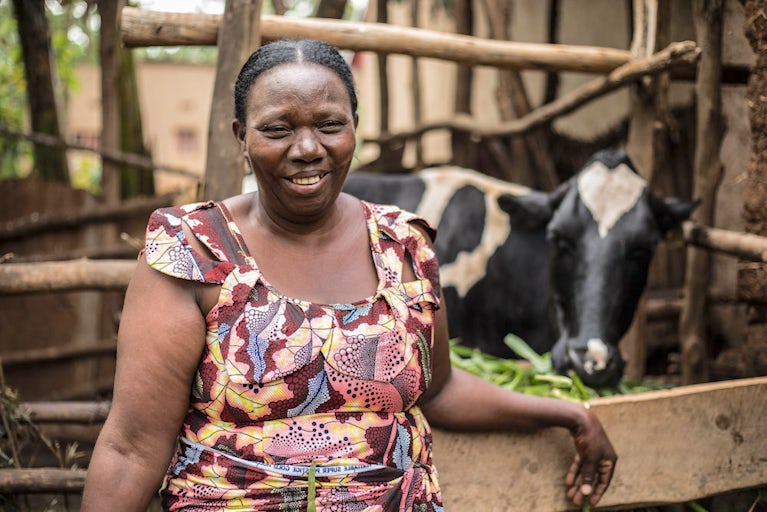
Nearly 70% of Rwandan women work in agriculture, with many barriers to overcome, yet those in the Kayonza district are collaboratively driving change to tackle these challenges.
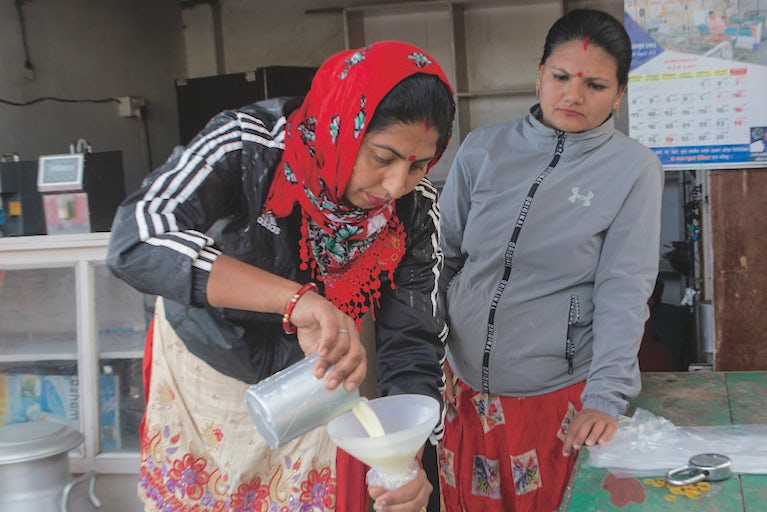
This fact sheet explains Heifer’s locally led development approach, defines sustainable locally led development, and discusses why this approach is important.
Providence Muhawenimana, Partnership for Resilient and Inclusive Small Livestock Markets (PRISM) Beneficiary
Cart is empty
Success!
Please be patient while we send you to a confirmation page.
We are unable to process your request. Please try again, or view common solutions on our help page. You can also contact our Donor Services team at 855.9HUNGER (855.948.6437).
Covering the transaction fee helps offset processing and administrative fees that we incur through taking payments online. Covering the transaction fee for each payment helps offset processing and administrative fees that we incur through taking payments online. Covering the transaction fee for each payment helps offset processing and administrative fees that we incur through taking payments online.
Success!
Please be patient while we send you to a confirmation page.
We are unable to process your request. Please try again, or view common solutions on our help page. You can also contact our Donor Services team at 855.9HUNGER (855.948.6437).
When you donate a gift to someone, you'll have the option to create a free card after your donation is complete.
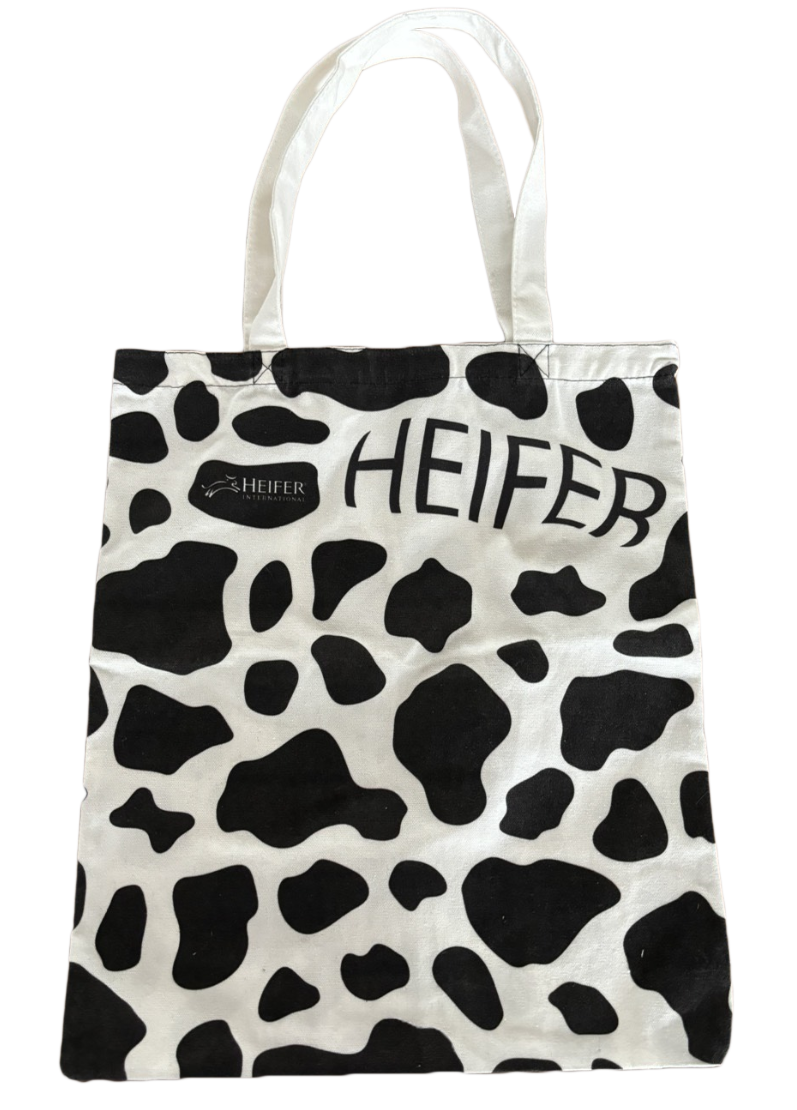
A FREE gift will be sent to supporters who choose to give a monthly gift.
Covering the transaction fee helps offset processing and administrative fees that we incur through taking payments online. Covering the transaction fee for each payment helps offset processing and administrative fees that we incur through taking payments online. Covering the transaction fee for each payment helps offset processing and administrative fees that we incur through taking payments online.

A FREE gift will be sent to supporters who choose to give a monthly gift.